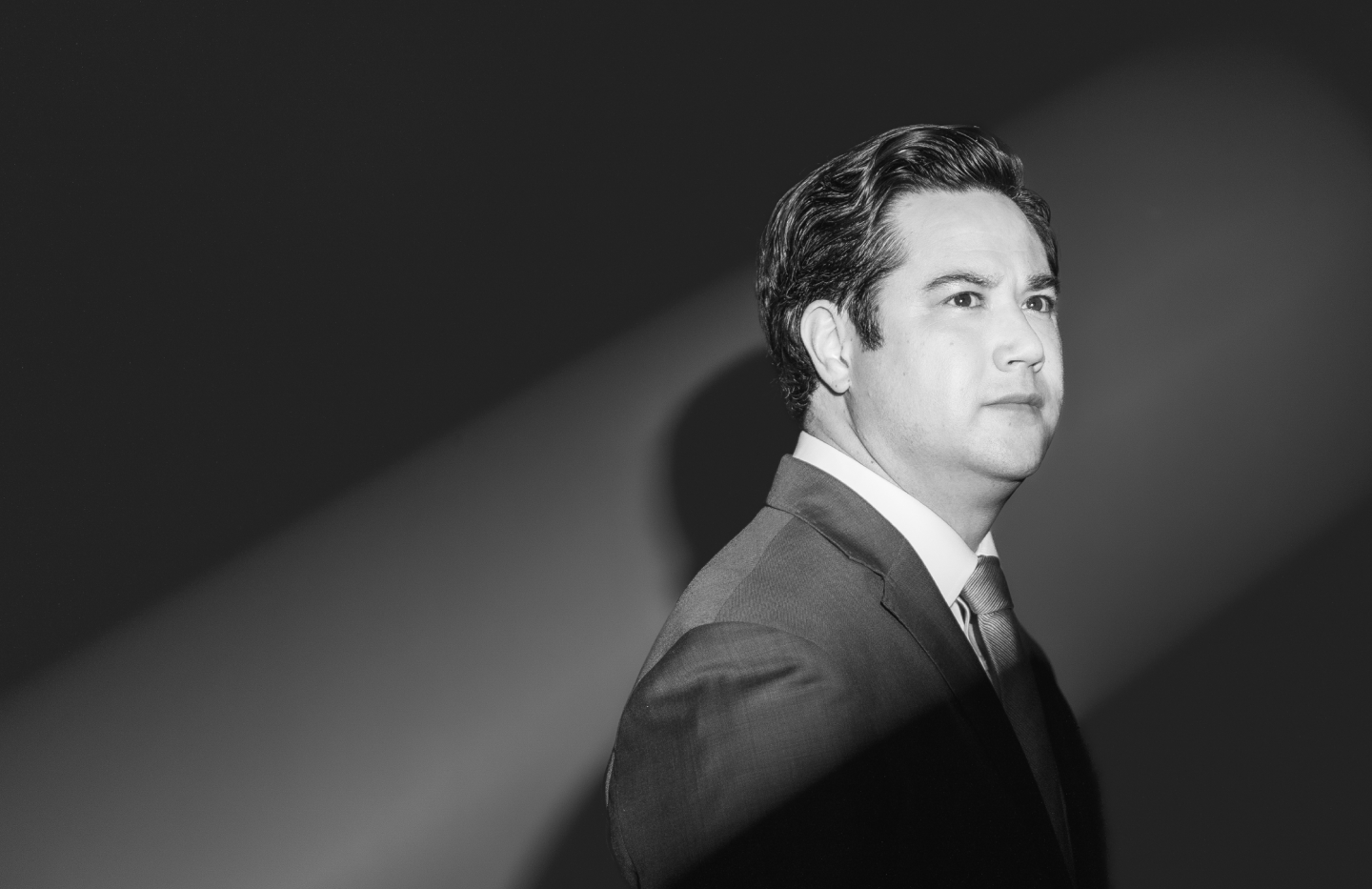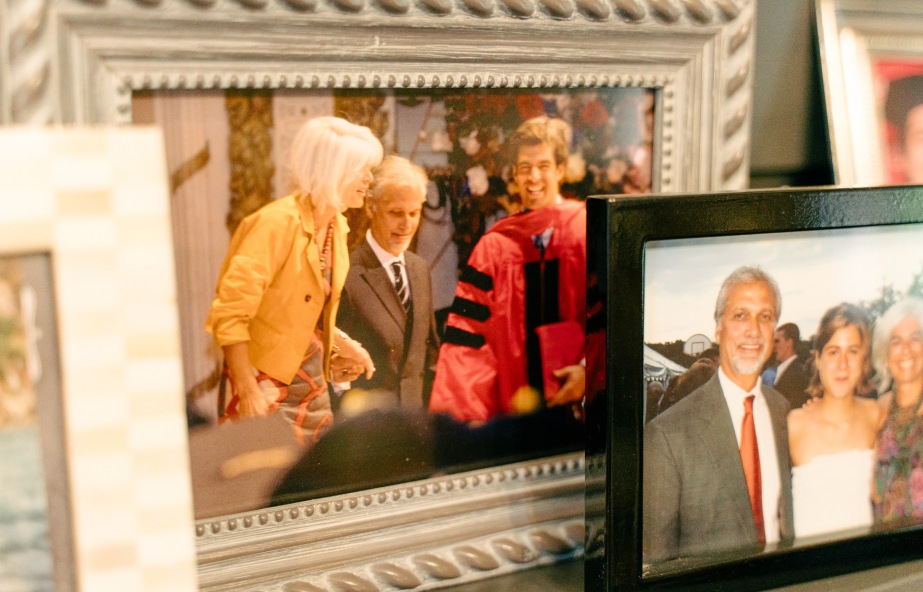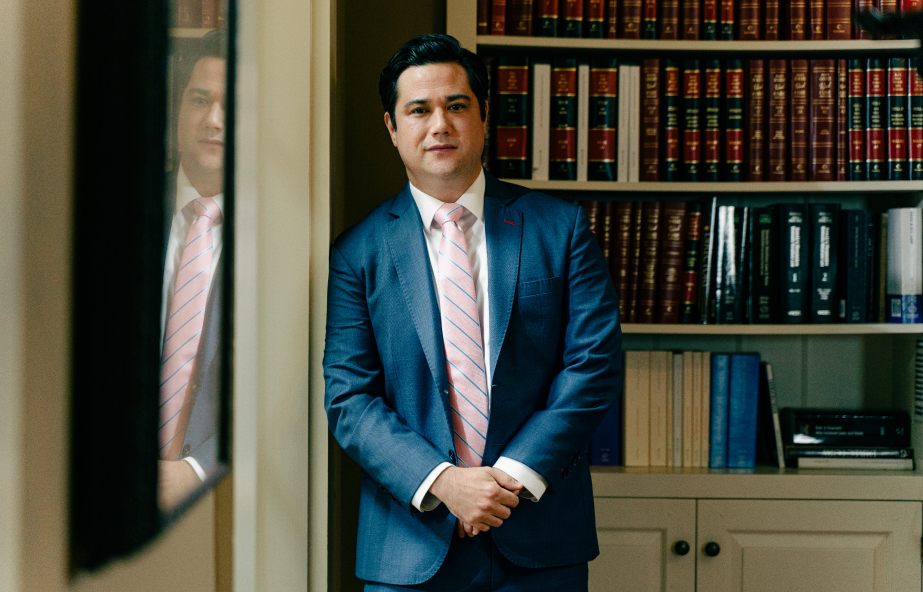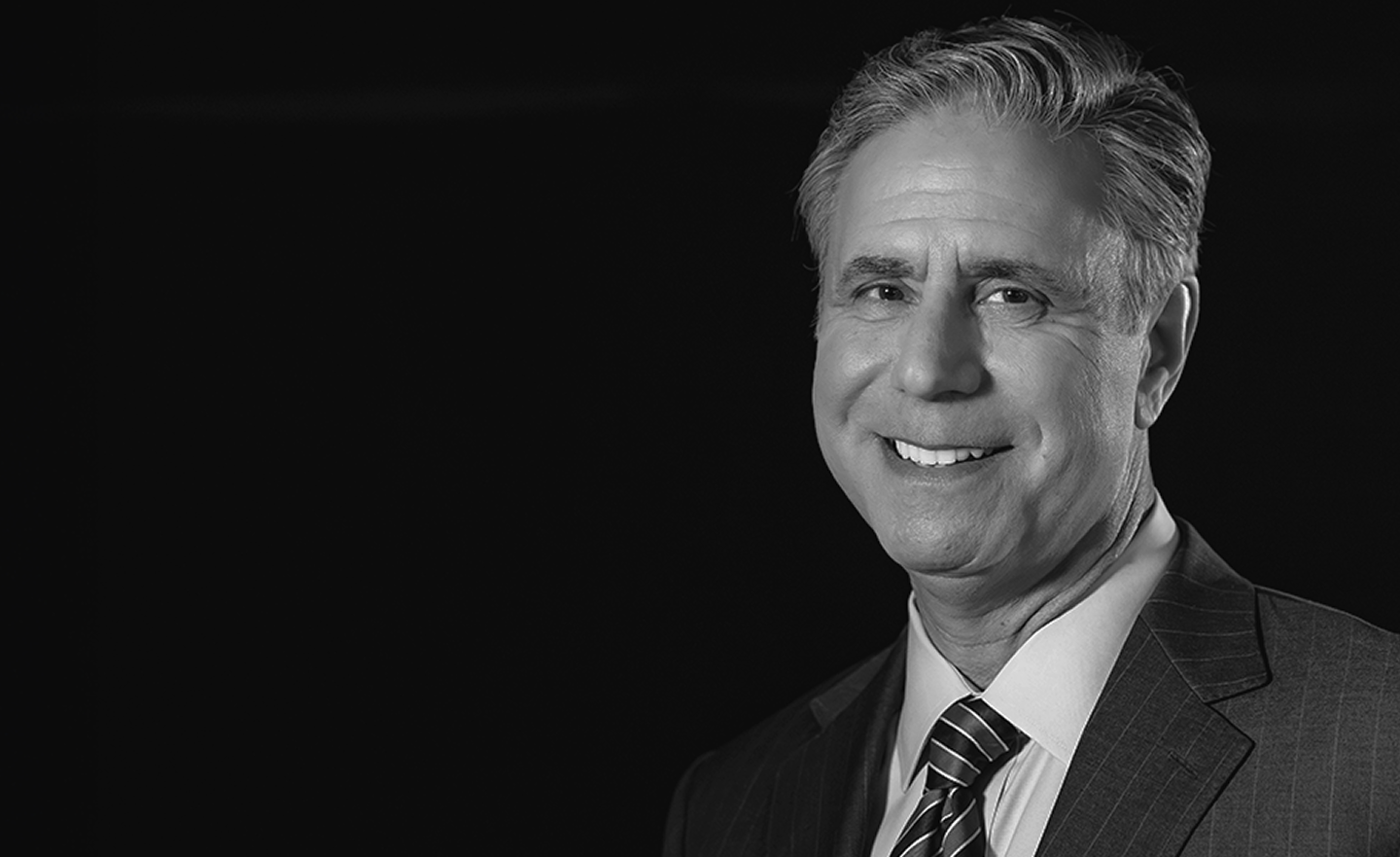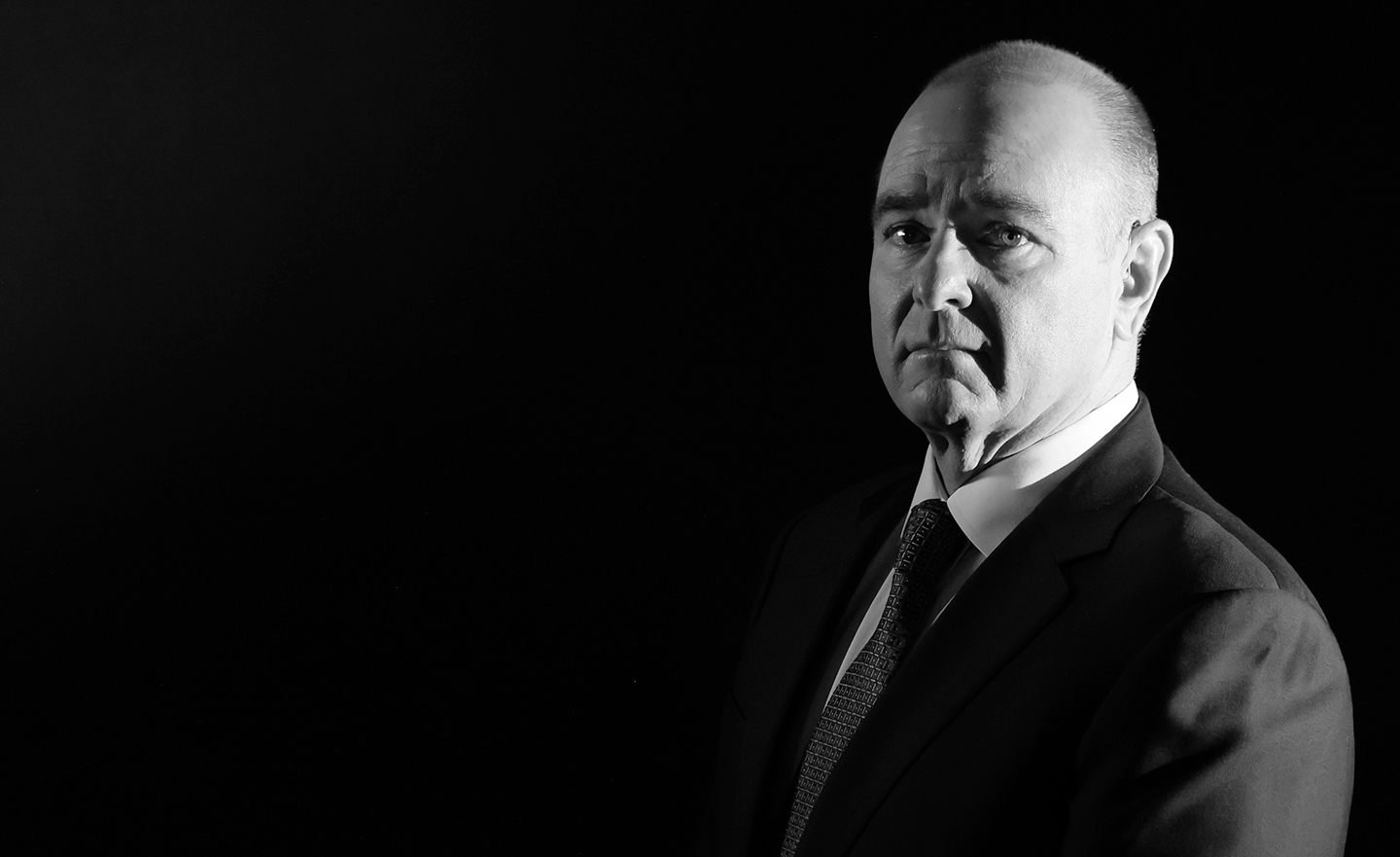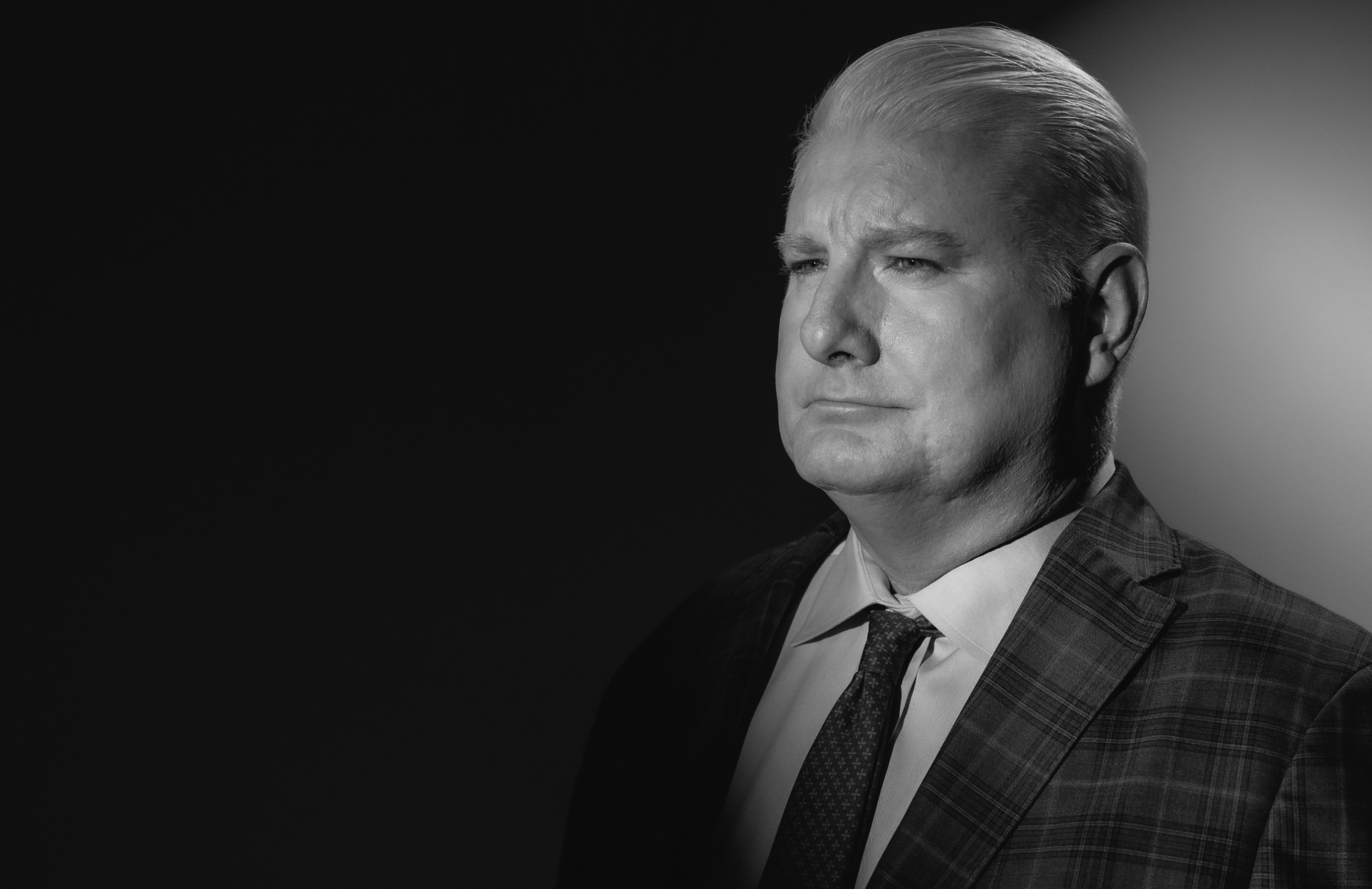Matt NakajimaPartner at Rittgers Rittgers & Nakajima
Who battles against corporate interests to protect everyday people?
Matt Nakajima, that’s who.
Championing Everyday People Facing Adversity
“When you are representing everyday people against some of the most powerful corporations in the world, everyone’s going to doubt you. Everyone’s going to say it’s impossible,” says Matt Nakajima. “You’re not always going to win. But you have to have that gumption to not give up in the face of doubt.”
As partner and trial lawyer at personal injury law firm Rittgers Rittgers & Nakajima (RRN) in Lebanon, Ohio, Matt is no stranger to facing doubt. For better or worse, it’s been his greatest motivator.
For example, when he wanted to pursue college, he was told his dyslexia would get in the way. Or, when he wanted to quit his job selling cell phones at the mall to pursue law school, he was told he wasn’t smart enough. Or, when he received rejection letters from several law schools.
At every turn, Matt overcame the odds others had placed on him – but his obstacles didn’t end there. Matt went on to attend the Salmon P. Chase College of Law at Northern Kentucky University, and after landing at one of the biggest defense law firms in Ohio, Matt experienced what he describes as his biggest adversity to-date: being prevented from taking the bar exam.
“I remember getting a letter in the mail two days before the exam saying I couldn’t take it and I didn’t know why,” Matt recalls.
After telling the managing partner the news, he lost that job. Still holding on to hope, Matt crossed paths with two local trial lawyers – Bob Sanders and Mark Schumacher – who not only believed Matt was being unfairly excluded from the exam, but fought for him, too.
“They took my case all the way up to the Columbus Supreme Court to help me get licensed in Ohio,” Matt remembers.
Having almost no money to compensate the lawyers, Matt soon learned the benefits of a contingency fee practice: access to the justice system regardless of financial status. But perhaps the most memorable part was hearing his own father testify on his behalf, saying: “If you give my son the opportunity to practice law, he’s going to be the best [lawyer] you’ve ever seen.”
“From that moment on, I wanted to dedicate my life to helping other people,” says Matt. “Because at one time in my life, I needed a champion. I needed someone to fight for me. And those trial lawyers were my champions.”
Matt shoulders that dedication to his clients at RRN along with his other firm partner, Charlie Rittgers. Focusing mainly on personal injury, catastrophic injury, and wrongful death cases, a majority of their time is spent battling corporate interests and bad-faith insurance practices.
“We all pay for insurance so that, in the event tragedy strikes, it is there at a time of great need,” Charlie says. “Unfortunately, insurance companies don’t always act in good faith, knowing that people are susceptible to taking a low settlement.”
It’s trial lawyers like those at RRN who not only encourage their clients to fight but fight on their behalf. Because too often, the individuals seeking help do so because they can’t help themselves.
“Every aspect of my life was built on someone else giving me a chance,” says Matt. “I want to be a voice for the voiceless because I [too] needed help throughout my life.”
“We are trying to right the wrongs of injustice. We spend our life dedicating everything we do, every waking hour when we’re not with our families, to trying to help somebody else. And we’re doing it often against insurmountable odds.”
Matt Nakajima
Partner at Rittgers Rittgers & Nakajima
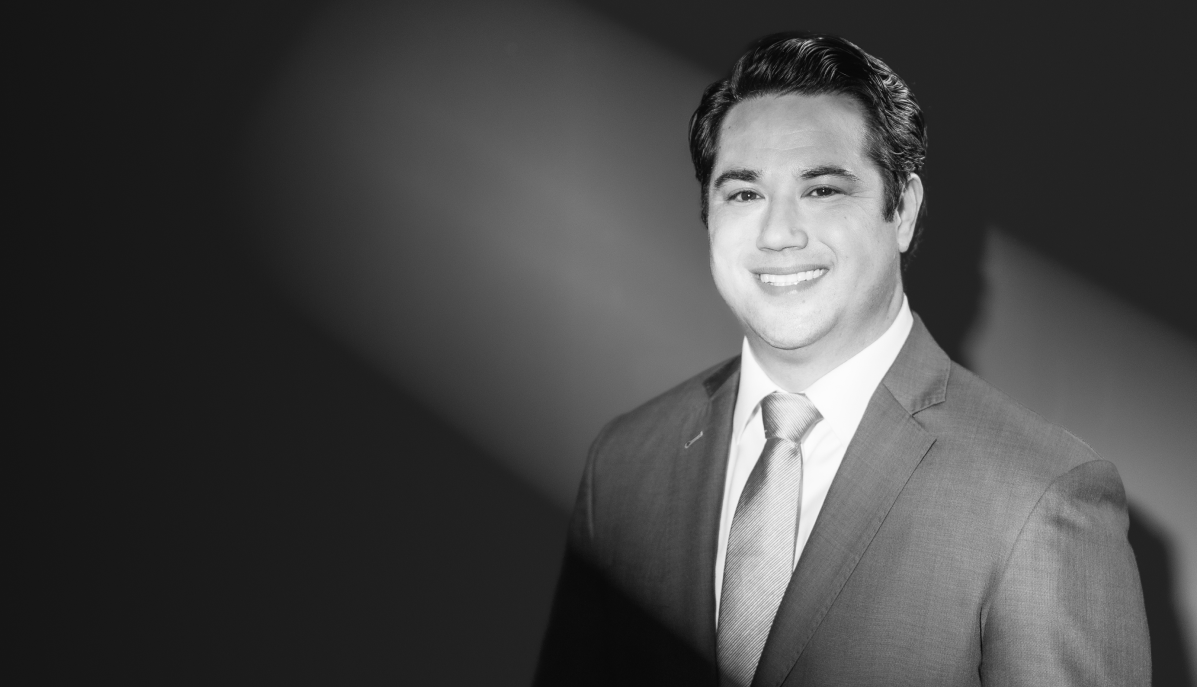
“We are trying to right the wrongs of injustice. We spend our life dedicating everything we do, every waking hour when we’re not with our families, to trying to help somebody else. And we’re doing it often against insurmountable odds.”
Matt Nakajima
Partner at Rittgers Rittgers & Nakajima
Fighting for the underdog
“When my mom was 20, she got into a catastrophic car crash and suffered herniated discs,” Matt explains. “She always wanted to be a lawyer, and she pushed me to be a lawyer, and in particular, to represent people that couldn’t help themselves, [like her].”
Witnessing such hardship is also why he continues to see the good in humanity – a necessary ingredient for being a trial lawyer.
Specifically, Matt recalls a 2018 case where his client suffered a significant shoulder injury as a result of a car crash. While the accident left no visible property damage to his client’s vehicle, he ended up with a torn rotator cuff – an injury unbeknownst to him until he visited urgent care days later.
“He was a tough guy [in his late 30s], a landscaper, a guy who works with his hands. He prided himself on the fact that he would tough it out and get better,” describes Matt.
Eventually, his client needed four separate shoulder surgeries to correct the injury. Yet, his insurance company’s top offer was only $20,000 due to a clerical error on the urgent care paperwork that documented his pain in the opposite shoulder. Matt and his client refused the offer, opting for a jury trial in Campbell County, Kentucky, instead.
“[Other trial lawyers] told me that this was one of the most conservative places in all of America – that you can’t get millions of dollars for a shoulder tear case – and that the top value was $100,000,” said Matt.
And again, beating the odds as he often does, Matt, his co-counsel, and client walked away with a $1,028,317 verdict – one of the largest for a non-death case in the history of Campbell County.
Looking back, Matt associates this success to rallying around his client and his family when they needed it most.
“We believed in the case. We got to know him. We got to know his family and his small children,” Matt said. “I got to see the real impact that these shoulder tears – even after
surgery – had on his quality of life, like his ability to hold his kids.”
“There’s nothing like helping another human being. And, frankly, I love fighting for the underdog,” Charlie beams.
“One thing I love about being a contingency fee trial lawyer is that anyone, no matter their socioeconomic status, can walk in this door and receive excellent representation. I believe we’re the last line of defense between the powerful insurance lobby and the citizens of this country.”
Charlie Rittgers
Partner at Rittgers Rittgers & Nakajima
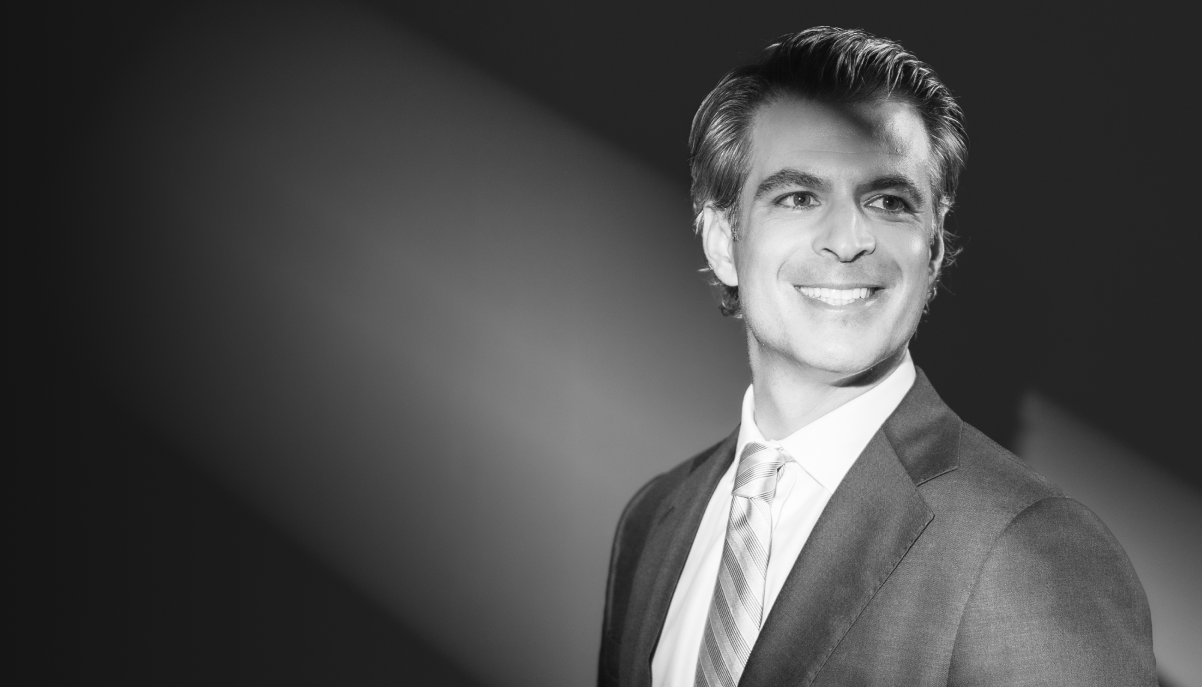
“One thing I love about being a contingency fee trial lawyer is that anyone, no matter their socioeconomic status, can walk in this door and receive excellent representation. I believe we’re the last line of defense between the powerful insurance lobby and the citizens of this country.”
Charlie Rittgers
Partner at Rittgers Rittgers & Nakajima
Time is money, money is justice
When it comes to litigation in general, the conversation always centers on money, which is likely why some Americans see trial attorneys as profit-hungry for personal gain. And while money is an important part of the litigation equation, it isn’t important for the reasons you might believe. In a majority of civil cases, money and justice are one in the same.
“You’re never going to be able to make someone who’s suffered a catastrophic injury – the loss of a spouse, the loss of a child, the loss of their quality of life – whole again,” Matt explains. “The law gives us one remedy, and that’s money to make up for what was taken from somebody.”
Even then, it’s not so simple. States like Ohio are currently facing “tort reform,” a legislative process that reduces the amount of money a plaintiff can receive as a result of a personal injury case – no matter how big the verdict turns out to be.
“You can’t appreciate the severity of that loss when, in Ohio, their damages are capped at $250,000,” says Matt. “The paycheck losses or medical bill losses [aren’t] what’s truly taken from somebody – it’s their quality of life.”
Underscoring this importance, Matt cites a 2006 case where a woman, who was only 11 years old at the time, was horrifically raped by a friend’s father. The man was ultimately found guilty and sentenced to life in prison, but not before he requested the woman’s $20 million verdict be reduced based on an Ohio tort reform provision.
“Because of damage caps, her pain and suffering was reduced to $250,000 – for a lifetime of mental health issues, for emotional distress, for an inability to trust in men and even God,” Matt says.
The plaintiff appealed the damage cap based on it being unconstitutional when applied to her case. Eventually, the Ohio Supreme Court overturned the trial court’s reduction, recognizing that psychological injuries can be just as catastrophic as physical injuries.
In light of this important case, Ohio trial lawyers must now evaluate whether or not the damage cap “can be constitutionally applied to asserted noneconomic damages.” If not, the cap may be considered arbitrary.
“People don’t have access to the courtroom because of tort reform and the cost to pursue cases,” explains Matt. “[RRN] is actively taking cases all over Ohio, and we are going to challenge these damage caps in hopes of getting the case – the right case – to the Ohio Supreme Court to get them lifted.”
The price trial lawyers pay
Contingency fee law firms fund their own litigation expenses before ever seeing a dime in return. From hiring experts and traveling nationwide to organizing exhibits and gathering evidence, trying these cases is no small feat.
“One thing I love about being a contingency fee trial lawyer is that anyone, no matter their socioeconomic status, can walk in this door and receive excellent representation,” says Charlie. “I believe we’re the last line of defense between the powerful insurance lobby and the citizens of this country.”
Such a pressurized career makes their ‘why’ just as critical as their results. One cannot exist without the other.
“We invest hundreds of thousands, sometimes millions, of dollars into cases against the largest corporations in the world that have teams of lawyers fighting against us,” Matt says. “If we aren’t successful, our clients don’t get any semblance of justice and we’re out all that money and time.”
For this reason, RRN started their search for a banking partner that not only provided flexible financing solutions, but one that understood the unique purpose of contingency fee law firms. A partner like Esquire Bank.
“We are trying to right the wrongs of injustice, and we’re doing it often against insurmountable odds,” says Matt. “Esquire Bank provides us with the financial resources to give our clients the best chance of winning through the resources they provide.”
With that supportive partnership at their back and with wind in their sails, RRN is poised to continue fighting for the future of Ohio, and in turn, the country as a whole.

